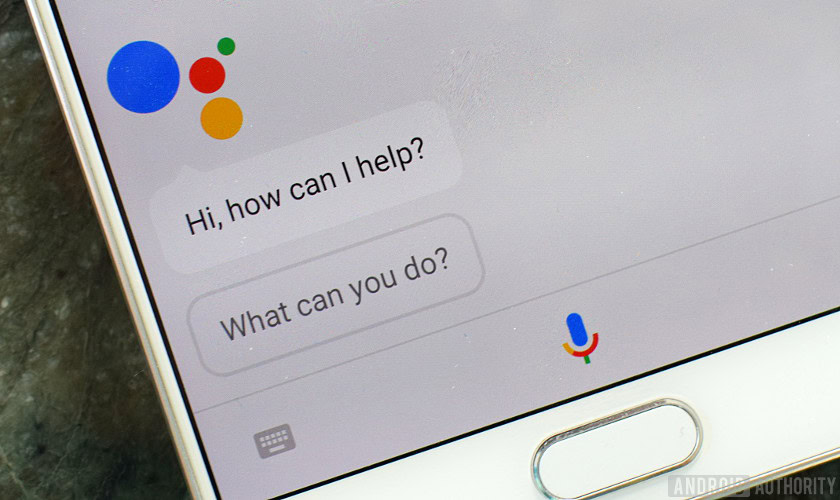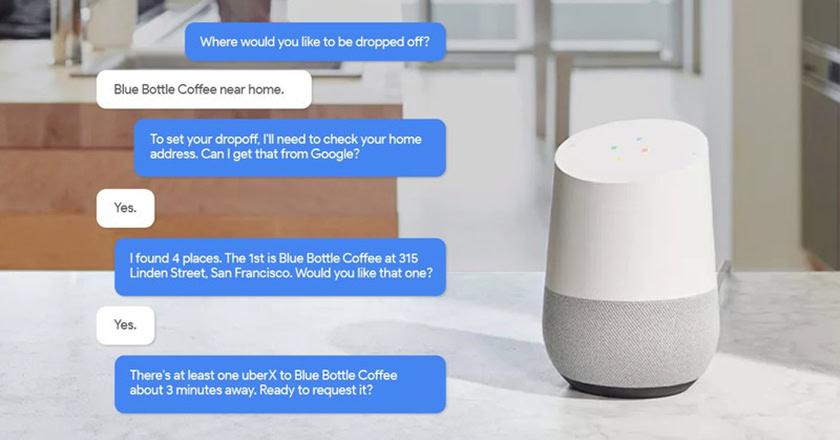Affiliate links on Android Authority may earn us a commission. Learn more.
Google announces big changes for Assistant at MWC 2018

- At MWC 2018, Google dropped some information on new features for Google Assistant.
- Seven new languages are available now, including Hindi, Thai, Danish, and Norwegian.
- The company explained how new features would help developers work Assistant into apps without having to develop new code.
Mobile World Congress 2018 wrapped up its first official day today, and Google wasted no time in making some major announcements for Google Assistant. Last week, we told you Assistant would be available in over 30 languages by the end of 2018, and seven of those new languages are now available. The addition of Hindi, Thai, Indonesian, Danish, Norwegian, Swedish, and Dutch brings the current total number of supported languages to fifteen.
Assistant can also now better integrate with third-party apps. Using Assistant to check the weather or set a timer is great, but working with other apps can be a little clunky. Google knows this and developed the new Android Link feature to make things smoother.

Using Android Link, developers can create Actions that connect Assistant to information or tasks in their own apps. Google showed off the feature by asking Assistant about a parking reservation with Spothero. Assistant opened the app on the phone and brought up all the info for the upcoming reservation. Android Link will roll out to developer accounts in the coming weeks.
Another issue developers face is getting more information from users to complete a specific task. For example, when making an Uber reservation with voice commands, there’s a lot of information needed: starting point, destination, and selection of Uber ride. Rather than forcing all app developers to make their own code for these tasks, Google created askForPlace, an Assistant function that handles location-based functions for developers, so no new code is needed. The image below gives you an idea of how this new function will work:

Google has also built a “memory” function into Assistant to keep note of all the information that passes through relating to other apps. In the example of the Uber ride above, the next time the user says, “Blue Bottle Coffee near home,” Assistant will use the info from the last session to complete the task. Once again, developers won’t have to do anything here; Assistant will take this task off their plates.
2018 is going to be an exciting year for Google Assistant. The service just gets better and better.